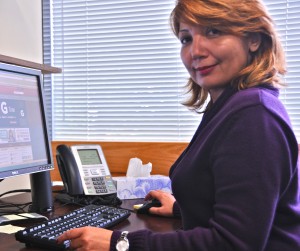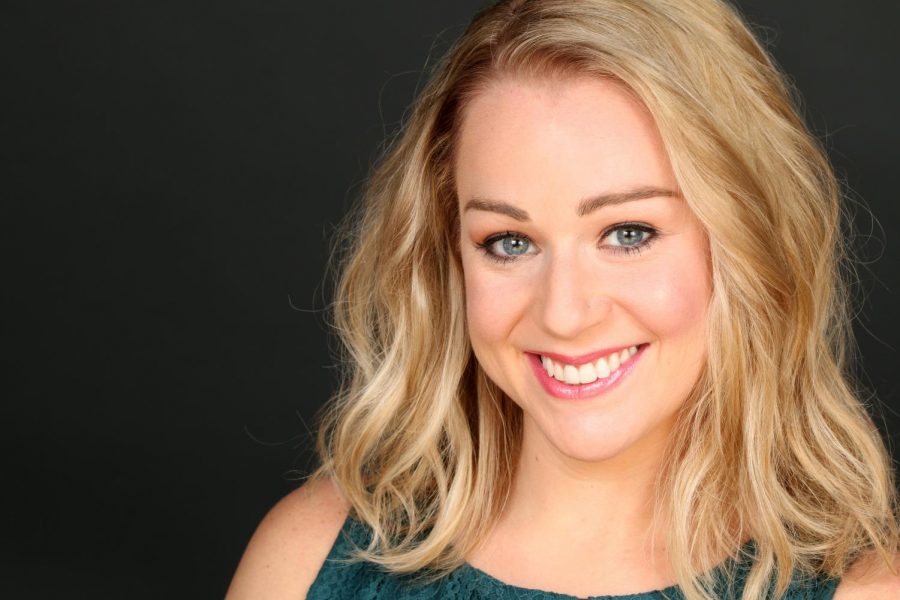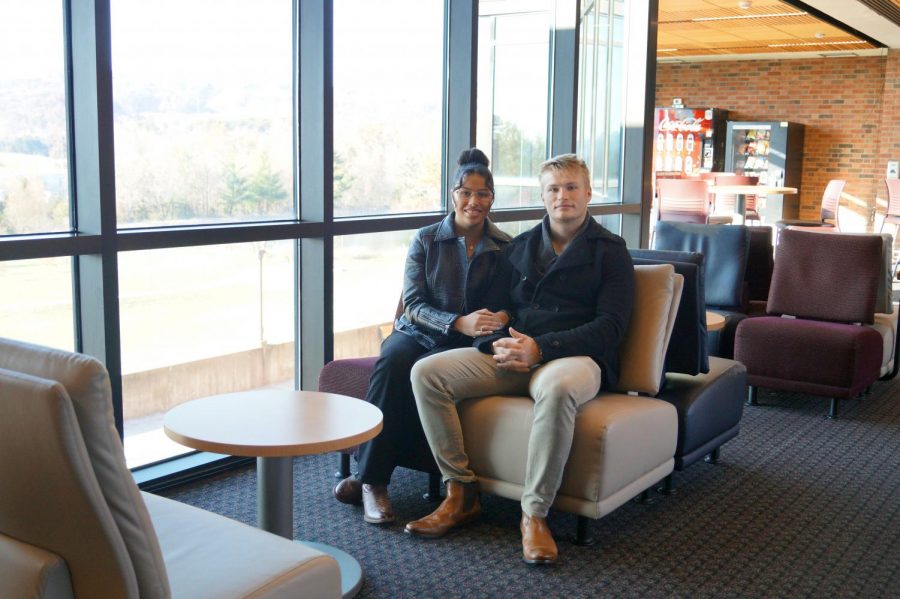
Makhinur Mamatova, associate professor of psychology at the American University of Central Asia in Bishkek, Kyrgyzstan, is conducting research at IU Southeast for the next six months.
Her research is aimed at comparing individual freedoms and social responsibilities among Midwestern American students and faculty with their peers in Kyrgyzstan.
Though Mamatova’s expertise is in psychology, she is using new methodology to form an inter-disciplinary approach for her research.
“[I am] mixing elements of anthropology, sociology, psychology and philosophy,” Mamatova said.
Mamatova will conduct interviews and submit questionnaires to 50 student participants and several faculty members as part of her research on the relativity of freedom in different populations.
She will then compare this information with the data from the same study she conducted with students and faculty at her home university.
Mamatova said the purpose of her research is to identify differences and commonalities in perception and attitudes of American and Kyrgyzstani students, on freedom, social responsibility and civic duty.
Before her tenure at the AUCA, Mamatova earned her degree in clinical psychology from St. Petersburg State University in Russia.
She then returned home to Kyrgyzstan for her post-graduate studies at the AUCA and went on to become the department chairperson of psychology at the university.
After analyzing the results, she said she plans to use her findings to develop a specific course for the AUCA centering on these topics.
These issues of freedom are particularly pertinent to the students and citizens of Kyrgyzstan because of the sweeping social and political changes in their country during the last two decades.
“For people to understand the purpose and need for my research, they must understand the political and cultural history of my country,” Mamatova said.
Kyrgyzstan received independence after the fall of the Soviet Union in 1991.
“The citizens [of Kyrgyzstan] suddenly had freedom but didn’t know how to use it,” Mamatova said.
Although Kyrgyzstan was the first of the former Soviet countries to elect a president and was initially praised by western societies as a blossoming, democratic state, political corruption and suppression of freedoms soon transformed the country into a semi-autocratic state.
Mamatova said the Kyrgyzstan people have been struggling to maintain and exercise their freedoms, both political and culturally.
“My country has been undergoing great political and social changes,” Mamatova said. “We are trying to form a new identity, without losing our connections to the past.”
Kyrgyzstan’s nomadic history mixed with Soviet communism has created a predominantly collectivistic culture and ingrained these traditional norms in the minds of each citizen.
“The individual is subject to the will of society in my country— not the other way around— no longer by political policy necessarily, but by cultural influences,” Mamatova said. “Part of the need for my research is to assess people’s emotional intelligence, and their ability to understand and exercise freedom and responsibility.”
Mamatova is working in collaboration with Diane Wille, professor of psychology.
Wille met Mamatova in fall 2001 as she traveled to Kyrgyzstan to teach at the AUCA through a partnership established between the universities earlier that year.
However, Wille’s time, was cut short after the attacks on 9/11, and she was forced to return the states as were many other American citizens living, working and traveling abroad.
“I was sorry I had to leave so early,” Wille said. “I never felt uncomfortable in Kyrgyzstan. The people are very friendly and after 9/11 my students were very concerned about me and my feelings. I was able to continue teaching a class [with a team teacher based in Kyrgyzstan] long distance after I returned.”
Mamatova arranged to come to the United States under the same partnership the following semester to study with Wille at IU Southeast.
Both agreed the first visit went well and this was the basis for her second trip.
“I have enjoyed working with Professor Mamatova,” Wille said. “Our skills and interests mesh very well, and I look forward to working with her in the future.”
Mamatova also brought her son, Alan Mamatova, with her to the United States. He is currently attending IU Southeast this semester and is studying economics.
Her son will be on campus while she conducts research for the next six months.
By SAM WEBER
Staff
samweber@ius.edu




